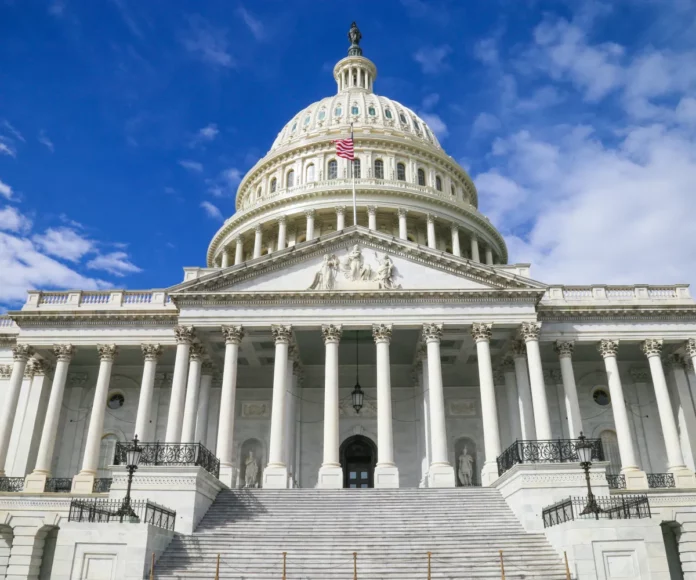The Interdependence of Government and Notary Services
Governments play a crucial role in establishing and regulating notary services, ensuring their credibility and adherence to legal standards. Notaries, in turn, provide essential services to government agencies and individuals involved in official transactions.
Government’s Role in Notary Services
Governments oversee notary services through various mechanisms:
-
Appointment and Commissioning: Governments appoint and commission notaries, granting them the authority to perform notary acts and issue official seals.
-
Qualifications and Requirements: Governments establish qualifications and requirements for individuals seeking to become notaries, ensuring their competence, experience, and adherence to ethical standards.
-
Regulatory Oversight: Governments implement regulations and guidelines governing notary practices, including recordkeeping, conflict of interest, and handling sensitive information.
-
Professional Development: Governments may support professional development programs for notaries to enhance their knowledge and skills, ensuring they remain up-to-date with legal changes and best practices.
Notaries’ Services to Government Agencies
Notaries provide valuable services to government agencies in various capacities:
-
Legal Document Verification: Notaries verify the authenticity of signatures and identities on official documents, such as affidavits, oaths, and certifications, used in government proceedings.
-
Administration of Oaths: Notaries administer oaths and affirmations, requiring individuals to swear or affirm the truthfulness of statements or declarations, which may be crucial in legal and administrative matters.
-
Notarization of Government Documents: Notaries notarize government documents, such as deeds, contracts, and certifications, ensuring their legal validity and enforceability.
-
Serving as Impartial Witnesses: Notaries act as impartial witnesses to signatures and oaths, providing independent verification of actions and statements in government transactions.
Notaries’ Services to Individuals and Businesses
Notaries also provide essential services to individuals and businesses in their interactions with government agencies:
-
Real Estate Transactions: Notarization is often required for real estate documents, such as deeds, mortgages, and title transfers, when dealing with government entities.
-
Notarizing Government Forms: Notaries notarize various government forms, such as passport applications, power of attorney documents, and immigration-related paperwork.
-
Attesting to Identifications: Notaries verify and attest to the authenticity of individuals’ identities, such as passports, driver’s licenses, and birth certificates, for government purposes.
-
Legalizing Documents for Government Use: Notaries may perform document legalization, a process that authenticates and validates documents for use in foreign countries or with foreign governments.
Conclusion
Government and notary services are mutually interdependent, each playing a vital role in ensuring the integrity and legal validity of transactions involving official documents and identities. Governments maintain the framework for notary services, while notaries provide essential services to government agencies, individuals, and businesses. This collaboration promotes transparency, accountability, and the rule of law in society.

